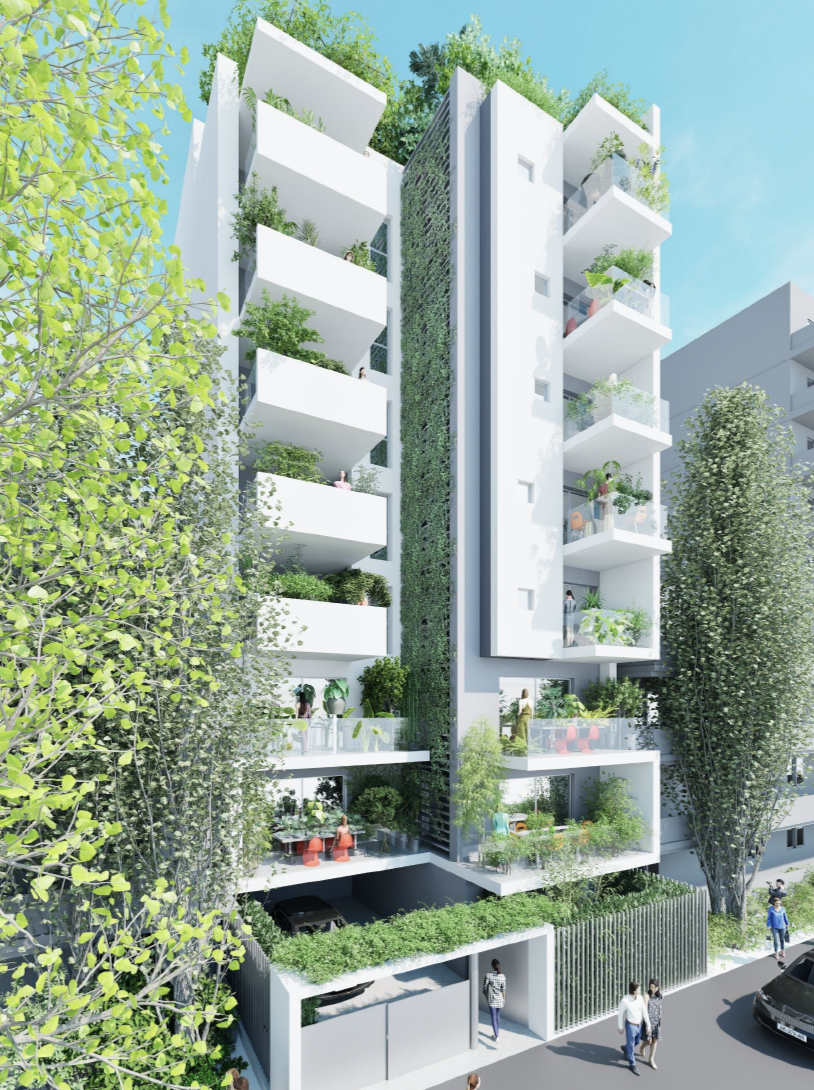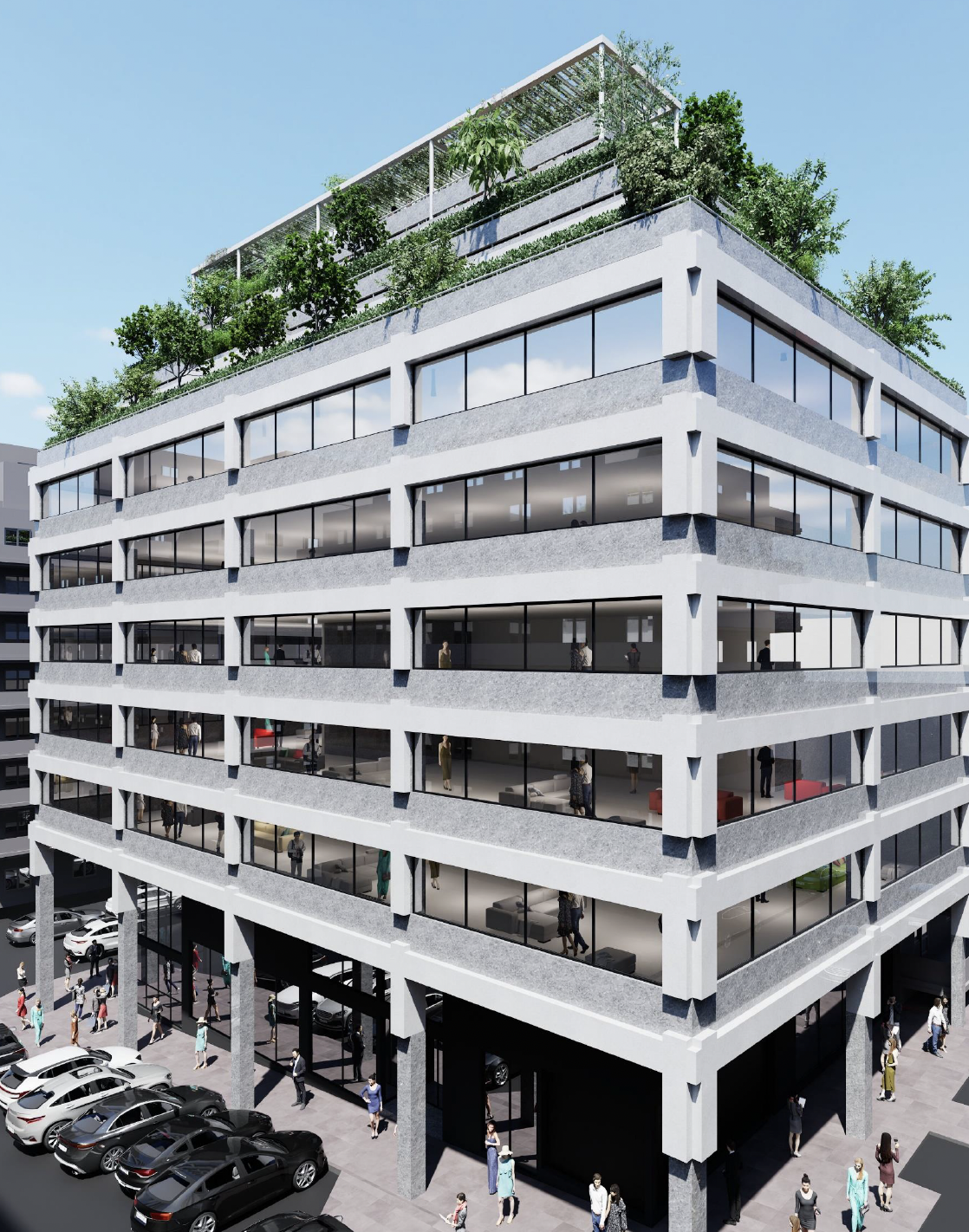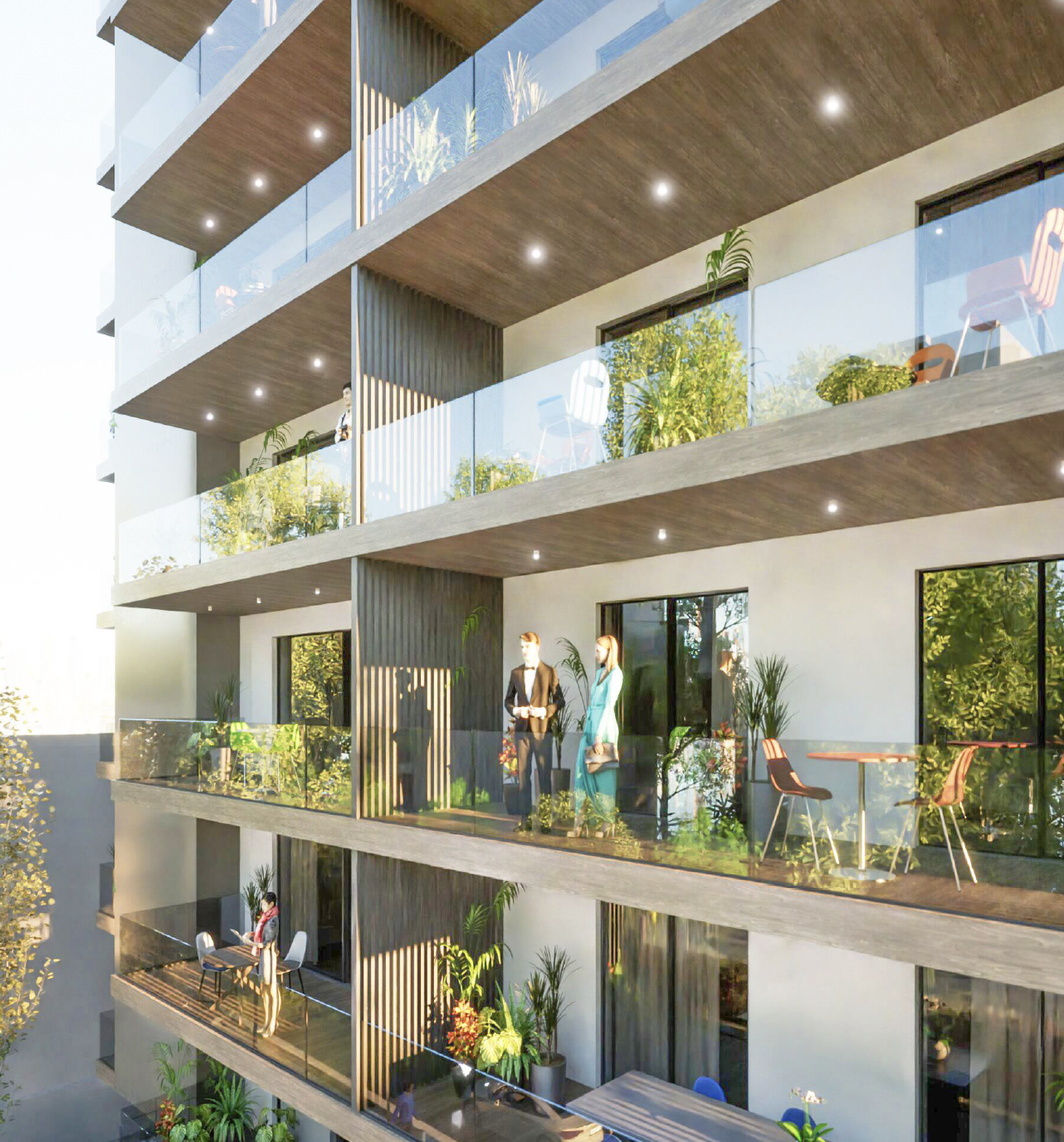Dubai is a fascinating destination that offers a perfect blend of modern marvels and rich cultural heritage. From stunning skyscrapers to ancient markets, this city has something to offer for every traveler. In this blog post, we will guide you through the best time to visit Dubai, top attractions that should be on your itinerary, navigating the efficient transportation system, finding the perfect accommodations, indulging in the must-try local cuisine, exploring the vibrant souks and markets, and providing you with essential etiquette and cultural tips to ensure a memorable trip to this enchanting city.
Best Time to Visit Dubai
The best time to visit Dubai is during the winter months, from November to March, when the weather is milder and more pleasant. The peak tourist season in Dubai is during the months of December and January, so if you want to avoid large crowds and higher prices, it is best to plan your visit during the shoulder months of November and March. The average temperature during winter ranges from 20°C (68°F) to 30°C (86°F), making it perfect for outdoor activities and exploring the city.
Dubai offers a plethora of attractions and activities for visitors to enjoy throughout the year. From stunning architecture and luxurious shopping malls to beautiful beaches and exciting desert adventures, there’s something for everyone in this vibrant city. Whether you’re interested in exploring the traditional side of Dubai or indulging in the modern and glamorous lifestyle, there are plenty of attractions to cater to all interests.
When planning your visit to Dubai, it’s important to consider the cultural events and festivals that take place throughout the year. One of the most popular cultural celebrations in Dubai is the Dubai Shopping Festival, which usually takes place in January and February. This festival offers amazing discounts, entertainment shows, and fireworks, making it an ideal time for shopping enthusiasts to visit the city.
- Burj Khalifa – The world’s tallest skyscraper, offering breathtaking views of the city.
- Palm Jumeirah – An iconic man-made island with luxurious resorts and stunning beaches.
- Dubai Mall – A shopper’s paradise with over 1,200 stores and a wide range of entertainment options.
- Desert Safari – Experience the thrill of dune bashing, camel riding, and traditional Arabian activities.
| Month | Temperature (°C) |
|---|---|
| November | 20-29 |
| December | 17-26 |
| January | 15-23 |
| February | 16-24 |
| March | 18-27 |
Visiting Dubai during the best time of the year ensures that you can fully enjoy all the attractions and activities the city has to offer. Whether you’re exploring the iconic landmarks, shopping at extravagant malls, or immersing yourself in the rich culture and traditions, Dubai will undoubtedly leave you with unforgettable memories.
Top Attractions in Dubai
Dubai is a city that offers a plethora of attractions for visitors to explore. From towering skyscrapers to luxurious resorts, Dubai has something to offer for every traveler. In this blog post, we will highlight some of the top attractions in Dubai that are a must-see during your visit to this vibrant city.
One of the most iconic landmarks in Dubai is the Burj Khalifa. Standing at a staggering height of 828 meters, this towering structure is the tallest building in the world. Visitors can take an elevator to the observation deck on the 148th floor, where they can enjoy breathtaking views of the city skyline. The Burj Khalifa also houses world-class restaurants, shopping malls, and entertainment venues, making it a one-stop destination for tourists.
If you’re looking for a unique experience, a visit to the Palm Jumeirah is a must. This man-made island is shaped like a palm tree and is home to luxurious hotels, resorts, and private residences. Visitors can take a monorail ride to explore the island or simply relax on the pristine beaches. The Palm Jumeirah is a testament to Dubai’s ambition and engineering prowess.
Another popular attraction in Dubai is the Dubai Mall. This massive shopping center is not only a paradise for shopaholics, but it also offers a wide range of entertainment options. From an indoor aquarium and underwater zoo to an ice rink and a gaming zone, there is something for everyone at the Dubai Mall. The mall also hosts the famous Dubai Fountain, where visitors can witness a mesmerizing water and light show.
To experience the rich cultural heritage of Dubai, a visit to the historic neighborhood of Al Fahidi is a must. This charming district is filled with traditional wind-towered buildings, narrow alleyways, and art galleries. Visitors can explore the Dubai Museum, which offers insights into the city’s past, or simply stroll around the Al Bastakiya Quarter to soak in the authentic Emirati atmosphere.
Lastly, no visit to Dubai would be complete without a desert safari. Visitors can embark on a thrilling adventure through the sand dunes, enjoy camel rides, and witness a mesmerizing sunset over the desert. The safari also offers opportunities for traditional Arabian entertainment, such as belly dancing and henna painting, along with a delicious BBQ dinner under the starry skies.
- Burj Khalifa – the tallest building in the world
- Palm Jumeirah – a man-made island shaped like a palm tree
- Dubai Mall – a shopping center with entertainment options
- Al Fahidi – a historic neighborhood showcasing Dubai’s cultural heritage
- Desert Safari – an adventure through the sand dunes of Dubai
| Attraction | Description |
|---|---|
| Burj Khalifa | The tallest building in the world, offering breathtaking views of the city. |
| Palm Jumeirah | A man-made island with luxurious hotels and beautiful beaches. |
| Dubai Mall | A massive shopping center with entertainment options and the famous Dubai Fountain. |
| Al Fahidi | A historic neighborhood showcasing traditional Emirati architecture and culture. |
| Desert Safari | An adventurous excursion through the sand dunes of Dubai, with cultural entertainment and a BBQ dinner. |
These are just a few of the top attractions in Dubai that you should consider visiting during your trip. Each of these offers a unique experience and showcases a different aspect of this cosmopolitan city. Whether you’re interested in modern architecture, cultural heritage, shopping, or adventure, Dubai has it all.
Navigating Dubai’s Transportation System
Dubai, a bustling metropolis known for its towering skyscrapers and lavish lifestyle, offers a wide range of transportation options for getting around the city. Whether you’re a solo traveler or visiting with family and friends, navigating Dubai’s transportation system is essential to explore everything this vibrant city has to offer.
One of the most popular and convenient ways to get around Dubai is by using the Dubai Metro. The metro system is modern, efficient, and covers a large portion of the city, including popular tourist destinations. With air-conditioned trains and frequent departures, it provides a comfortable and reliable mode of transportation. The Red Line and Green Line are the two primary lines of the Dubai Metro, connecting major commercial and residential areas.
If you prefer a more scenic route, consider taking a ride on the Dubai Tram. The tram network primarily operates in the Marina and Jumeirah Beach Residence areas, offering breathtaking views of the city’s iconic landmarks and coastline. It provides easy access to popular attractions such as Palm Jumeirah and Dubai Marina Mall. You can also conveniently transfer between the tram and metro systems at select stations.
In addition to the metro and tram, Dubai also has an extensive bus network that covers almost every corner of the city. The buses are an affordable option for getting around and offer routes to both popular tourist spots and residential areas. The bus stops are well-marked, and the schedules are easily accessible, making it easy to plan your journey. It’s important to note that Dubai’s buses are segregated, with separate sections for men and women.
- Use the Dubai Metro for a convenient and comfortable way to travel around the city.
- Experience the breathtaking views from the Dubai Tram while exploring popular tourist areas.
- Opt for the affordable and widespread bus network to reach various destinations.
| Transportation Mode | Advantages | Disadvantages |
|---|---|---|
| Dubai Metro | Frequent departures, air-conditioned trains, extensive coverage | Crowded during peak hours |
| Dubai Tram | Scenic views, easy access to popular attractions | Limited coverage compared to the metro |
| Dubai Bus | Affordable, widespread network, accessible schedules | Possible overcrowding |
When using public transportation in Dubai, it’s essential to purchase a Nol Card, which is a rechargeable smart card that can be used across various modes of transport. The card can be easily topped up and offers discounted fares compared to purchasing individual tickets. You can also use the Nol Card to pay for parking and even make purchases at select retail outlets.
In conclusion, navigating Dubai’s transportation system is relatively easy, thanks to the well-connected metro, tram, and bus networks. It’s important to familiarize yourself with the various modes of transport and plan your journeys in advance. Whether you’re eager to explore the city’s iconic landmarks or discover hidden gems, Dubai’s transportation system ensures that you can conveniently and comfortably reach your desired destinations.
Finding Accommodations in Dubai
When planning a trip to Dubai, one of the most important aspects to consider is finding suitable accommodations. With a plethora of options available in this vibrant city, it can be overwhelming to decide where to stay. Whether you prefer luxury hotels, budget-friendly options, or something in between, Dubai has it all.
One of the best times to visit Dubai, in terms of finding great accommodations at reasonable prices, is during the off-peak season. The months of May to September are typically considered the low season, as the temperatures soar and many tourists prefer to avoid the heat. During this time, hotels often offer discounted rates and special promotions to attract visitors.
Another factor to consider is the location of your accommodations. Dubai is divided into various neighborhoods, each offering a unique experience. Downtown Dubai is a popular choice for first-time visitors, as it is home to iconic landmarks such as the Burj Khalifa and the Dubai Mall. Jumeirah Beach area is ideal for those seeking a beachfront stay and a more relaxed atmosphere. The Marina and Palm Jumeirah neighborhoods are known for their modern architecture and upscale resorts.
- Hotel: The most common type of accommodation in Dubai is hotels. From budget options to luxury resorts, there is something for every traveler’s preference. Some of the top-rated hotels in Dubai include the Burj Al Arab, Atlantis The Palm, and the Armani Hotel Dubai.
- Apartments: For those seeking a more spacious and homely stay, apartments are a great option. Many residential buildings in Dubai offer fully furnished apartments for short-term rentals. This is a popular choice for families or those planning an extended stay.
- Hostels: For budget-conscious travelers or solo adventurers, hostels are a great choice. Dubai has a handful of hostels that offer shared dormitories or private rooms at affordable prices. This is also an excellent way to meet fellow travelers and make new friends.
| Accommodation Type | Advantages | Disadvantages |
|---|---|---|
| Hotels | Luxurious amenities, convenience, and services | Can be more expensive, especially during peak seasons |
| Apartments | More space, kitchen facilities, and a homely atmosphere | May not have the same level of services as hotels |
| Hostels | Affordable, social atmosphere, and meet fellow travelers | Shared facilities, less privacy |
Regardless of your accommodation choice, it is advisable to book in advance, especially during the peak tourist season. This ensures that you secure a place that meets your requirements and preferences. Whether you decide to splurge on a luxurious hotel or opt for a budget-friendly option, finding accommodations in Dubai is an exciting part of planning your trip to this dynamic city.
Must-Try Local Cuisine in Dubai
Dubai is not only known for its glitz and glamour but also for its diverse and mouthwatering culinary scene. Whether you are a food enthusiast or a casual traveler, exploring the local cuisine in Dubai is an absolute must. From traditional Emirati dishes to international flavors, this city has something to satisfy every palate.
One of the must-try local delicacies in Dubai is shawarma. This popular Middle Eastern dish consists of succulent, marinated meat (usually chicken or lamb) wrapped in a warm pita bread with a combination of herbs, spices, and sauces. The result is a burst of flavors that will leave you craving for more. You can find countless shawarma stalls and restaurants throughout the city, especially in the bustling streets of Old Dubai.
Another local favorite is mandi. Originating from Yemen, this fragrant rice dish is traditionally prepared by slow-cooking tender meat (typically chicken or lamb) in a blend of aromatic spices, such as cardamom, cinnamon, and cloves. The meat is then served on a bed of flavorful, long-grain rice, topped with caramelized onions and nuts. The combination of tender meat, fragrant rice, and savory toppings creates a truly delightful culinary experience.
No exploration of Dubai’s cuisine would be complete without trying Al Harees. This traditional Emirati dish is prepared by slow-cooking a mixture of wheat and meat (usually chicken or lamb) until it reaches a smooth, porridge-like consistency. The dish is then flavored with a blend of aromatic spices, such as saffron and cardamom, adding a unique and indulgent taste. Al Harees is often enjoyed during festive occasions and is considered a symbol of hospitality.
- Shawarma: A Middle Eastern delight with marinated meat wrapped in warm pita bread.
- Mandi: Fragrant rice dish slow-cooked with tender meat, topped with caramelized onions and nuts.
- Al Harees: Traditional Emirati dish resembling a smooth porridge, made with wheat and meat.
| Cuisine | Description |
|---|---|
| Shawarma | A Middle Eastern delight with marinated meat wrapped in warm pita bread. |
| Mandi | Fragrant rice dish slow-cooked with tender meat, topped with caramelized onions and nuts. |
| Al Harees | Traditional Emirati dish resembling a smooth porridge, made with wheat and meat. |
Exploring Dubai’s Souks and Markets
Dubai is a city known for its modern skyscrapers and luxurious shopping malls, but beneath its glossy exterior lies a vibrant and bustling world of souks and markets. Exploring Dubai’s souks and markets is a must-do for any visitor looking to experience the authentic side of the city and immerse themselves in its rich cultural heritage.
One of the most famous markets in Dubai is the Gold Souk located in the Deira district. As the name suggests, this market is a treasure trove of gold, with shops lined up on both sides of narrow alleys displaying glittering gold jewelry of all kinds. Whether you’re looking for intricate necklaces, stunning bracelets, or sparkling earrings, the Gold Souk has it all. Make sure to brush up on your bargaining skills as haggling is the norm here, and you can score some fantastic deals.
If you’re searching for a more traditional shopping experience, head over to the Spice Souk located nearby. As you wander through the narrow streets, you’ll be greeted by a kaleidoscope of colors and aromas. Spices, herbs, and dried fruits are stacked in open sacks, filling the air with their tantalizing fragrances. This is the perfect place to stock up on exotic spices like saffron and cardamom or try traditional Arabic sweets like baklava and halva.
Another market that shouldn’t be missed is the Textile Souk situated in the historic Bur Dubai area. This market is a paradise for fabric enthusiasts, with shops offering an extensive range of fabrics, from delicate silks to richly embroidered textiles. Whether you’re looking to have a traditional outfit tailored or want to buy unique fabrics to take home, the Textile Souk is the place to be.
- Gold Souk – a treasure trove of gold jewelry
- Spice Souk – a colorful and aromatic market
- Textile Souk – a paradise for fabric enthusiasts
| Souk/Market | Location | Key Attractions |
|---|---|---|
| Gold Souk | Deira | Wide range of gold jewelry, haggling for great deals |
| Spice Souk | Deira | Exotic spices, dried fruits, traditional sweets |
| Textile Souk | Bur Dubai | Various fabrics, embroidery, traditional outfits |
Etiquette and Cultural Tips for Dubai
Dubai is a city that is known for its rich cultural heritage and its modern, cosmopolitan atmosphere. When visiting Dubai, it is important to be aware of the local customs and etiquette in order to have a respectful and enjoyable experience. Here are some etiquette and cultural tips to keep in mind while exploring this captivating city.
Dress Code: One of the most important aspects of etiquette in Dubai is dressing modestly, especially in public places. Both men and women should avoid wearing revealing or tight-fitting clothing. Women should keep their shoulders and knees covered, and it is also customary for women to cover their hair with a scarf when visiting religious sites.
Greetings: Greetings are an important part of Emirati culture. When meeting someone for the first time, it is customary to greet them with a handshake. However, it is common for Emirati men to greet each other with a nose-to-nose kiss by touching their noses together while making a kissing sound. It is important to show respect and greet people with a smile and a friendly demeanor.
Respect for Islam: Dubai is an Islamic city, and it is important to respect the local customs and traditions. Avoid public displays of affection, as these are considered inappropriate in public places. It is also important to respect the holy month of Ramadan, during which Muslims fast from sunrise to sunset. If you are visiting Dubai during this time, be mindful of eating, drinking, or smoking in public during daylight hours.
- Language: While Arabic is the official language of Dubai, English is widely spoken and understood, especially in tourist areas. It is helpful to learn a few basic Arabic phrases, such as greetings and thank you, as this is greatly appreciated by the locals.
- Respect for Elders: In Emirati culture, elders are deeply respected and hold a position of authority. It is important to show respect to older people by addressing them with the appropriate title (such as Mr. or Mrs.) and using a polite and formal tone of voice.
- Use of Right Hand: The right hand is considered the clean hand in Emirati culture, so it is important to use it for eating, greeting, and giving and receiving items. The left hand is considered unclean and is traditionally used for personal hygiene purposes.
| Custom | Etiquette Tip |
|---|---|
| Dining | Avoid eating or drinking in public during the holy month of Ramadan from sunrise to sunset. |
| Visiting a Mosque | Remove your shoes before entering, dress modestly, and avoid loud noises or disruptive behavior. |
| Giving and Receiving | Always use your right hand for giving and receiving items, as the left hand is considered unclean. |
By keeping these etiquette and cultural tips in mind, you will not only show respect for the local customs and traditions but also have a more enriching and meaningful experience during your visit to Dubai.
Frequently Asked Questions
Question 1: When is the best time to visit Dubai?
The best time to visit Dubai is during the winter months, from November to April, when the weather is mild and pleasant.
Question 2: What are the top attractions in Dubai?
Some of the top attractions in Dubai include the Burj Khalifa, Dubai Mall, Palm Jumeirah, Desert Safari, and the Dubai Miracle Garden.
Question 3: How can I navigate Dubai’s transportation system?
Dubai’s transportation system includes a modern metro, taxis, buses, and ride-hailing apps like Uber. The metro is a convenient way to travel between major attractions, while taxis are readily available for shorter trips.
Question 4: How can I find accommodations in Dubai?
You can find accommodations in Dubai through various online travel websites or by directly contacting hotels. It is recommended to book in advance to secure the best rates and availability.
Question 5: What are some must-try local cuisines in Dubai?
Some must-try local cuisines in Dubai include Arabic dishes like Shawarma, Falafel, Mezze, and local Emirati specialties such as Khuzi (roasted lamb) and Machbous (spiced rice with meat).
Question 6: What can I expect when exploring Dubai’s souks and markets?
When exploring Dubai’s souks and markets, you can expect a vibrant atmosphere with a wide range of products including spices, textiles, gold jewelry, and traditional handicrafts. Bargaining is common, so be prepared to negotiate prices.
Question 7: What are some etiquette and cultural tips for Dubai?
Some etiquette and cultural tips for Dubai include dressing modestly, respecting local customs and traditions, refraining from public displays of affection, and avoiding alcohol consumption in public areas.
EDITOR
Categories
Recent Articles

NotteGlobal’s May 2024 Real Estate Report: A Comprehensive Analysis of Turkey’s Market Trends
June 22, 2024
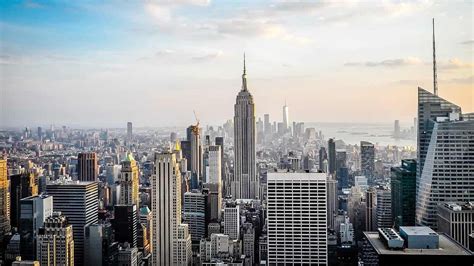
New Immigration Policy in the US: A Major Step for Family Unity
June 21, 2024

Second Largest Investor Group in Greece: Turks
June 14, 2024
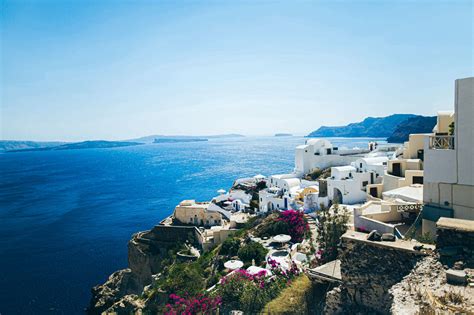
Exploring the Hidden Gems of Athens Riviera: A Guide to Luxurious Neighborhoods
June 3, 2024

Economic Stability and Growth in Turkey
May 31, 2024

Turkey’s Housing Sales Statistics for April 2024: A Comprehensive Analysis
May 24, 2024
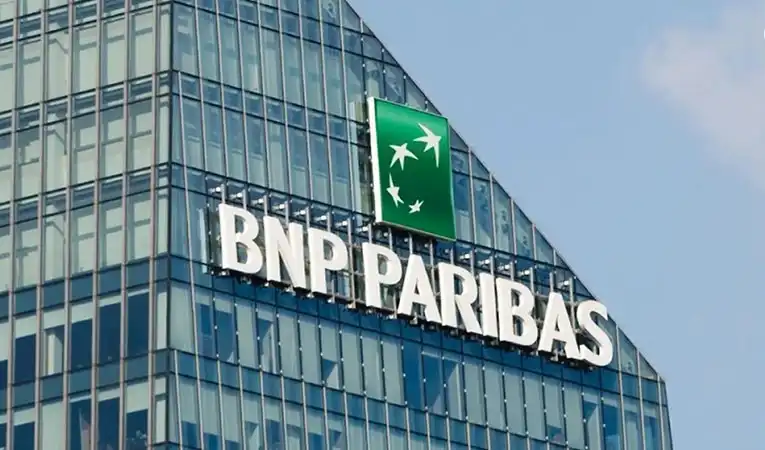
BNP Paribas Forecasts End-of-Year USD/TRY Rate
May 3, 2024

Significant Updates to the Greece Golden Visa Program in 2024
April 29, 2024
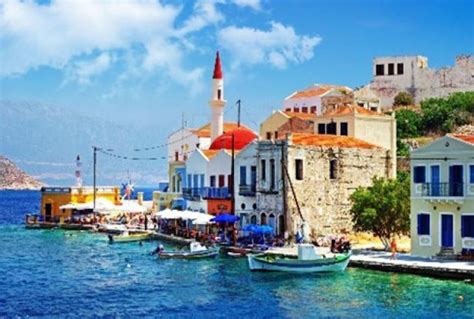
€800,000: New Threshold for Greece’s Golden Visa
February 10, 2024
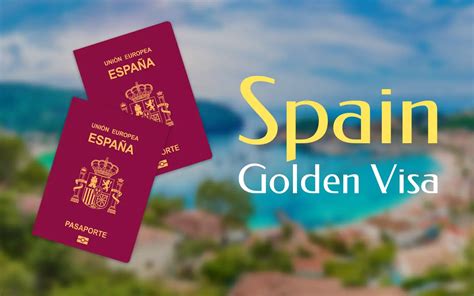
Golden Visa for Spain
December 27, 2023
